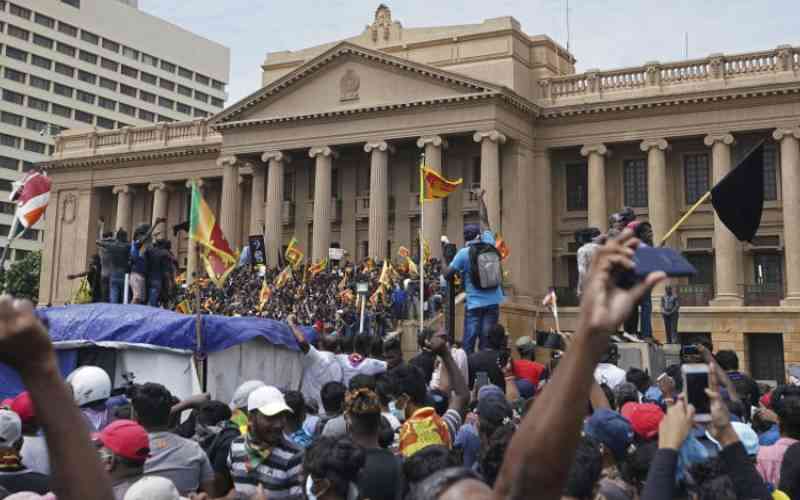×
The Standard e-Paper
Smart Minds Choose Us

A recent Daily Mirror editorial on Sri Lanka mentions that since independence, the country had implemented a number of welfare measures such as, "subsidizing costs of food and fuel."
It adds that "these measures were intended to gain electoral popularity, but they also led to a weakening of the economy."